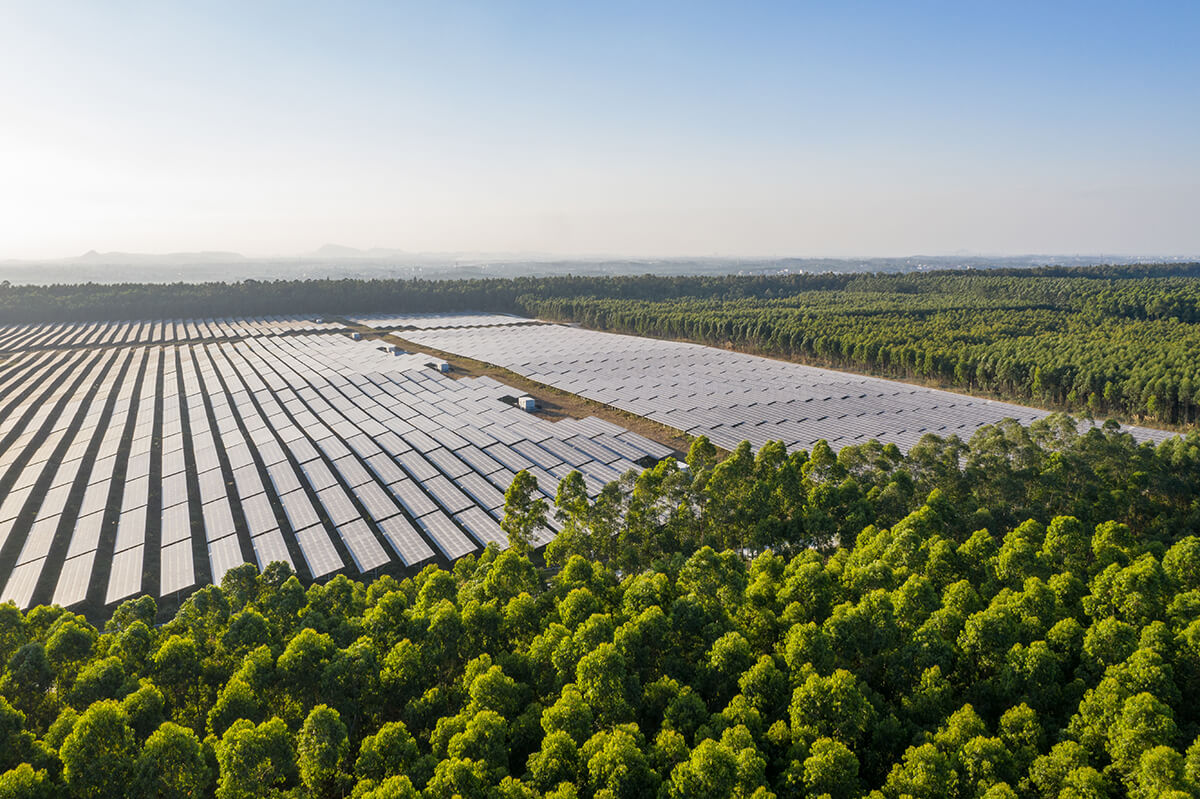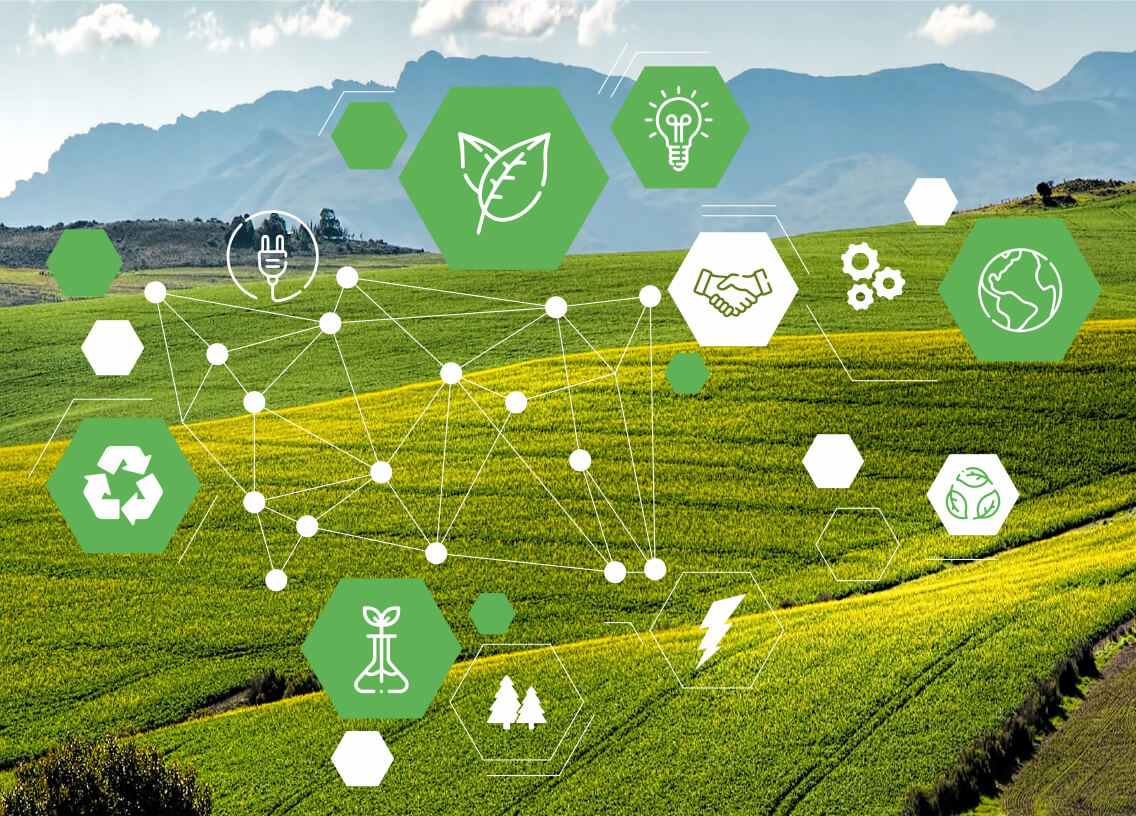Unova’s blockchain network from the start has been developed with a focus on environmental impact. Not only is the consensus mechanism a special kind of low energy consuming Proof-of-Stake, but also the applications that are built and run on the network have a specific focus on optimizing supply chain processes to reduce their footprint.
Unlike networks using a Proof-of-Work consensus mechanism that is very energy consuming due to the computational resources needed to create blocks, resulting in a large ecological footprint like Bitcoin or Ethereum, Unova’s energy consumption will always remain low, because of our Proof-of-Authority mechanism. In the next update, we will transition to a Proof-of-Stake mechanism. Once this is implemented, the node that gets to add the following block to the blockchain is determined based on the stake in the wallet linked to the validator node by creating staking pools. This means the system will never require much computing power or electricity compared to a Proof-of-Work mechanism. Learn more here.



